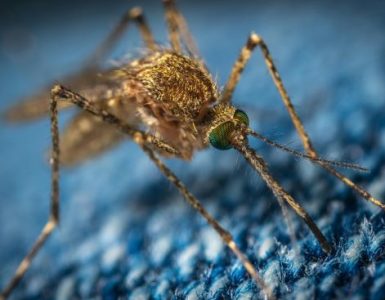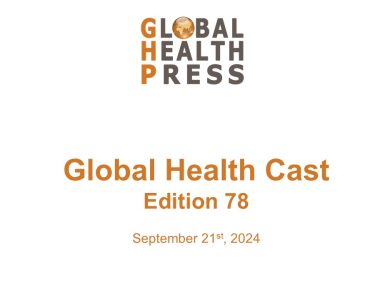UNICEF has announced the issuance of an emergency tender to procure mpox vaccines, aiming to curb the ongoing outbreak that has been declared a public health emergency by both the Africa Centres for Disease Control and Prevention (Africa CDC) and the World Health Organization (WHO). Vaccination is a key strategy in controlling the spread of mpox, especially in countries hardest hit by the outbreak.
Collaborative efforts to enhance vaccine access
The emergency tender is part of a concerted effort involving UNICEF, Africa CDC, Gavi (the Vaccine Alliance), WHO, the Pan American Health Organization (PAHO), and other key partners. These organizations are working together to increase vaccine access and ensure timely distribution, particularly to countries severely affected by mpox. The collaboration also aims to facilitate donations of vaccines from existing stockpiles in high-income countries, bolstering efforts to contain ongoing transmission.
Conditional supply agreements to expedite distribution
Under this emergency tender, UNICEF will establish conditional supply agreements with vaccine manufacturers. These agreements will allow UNICEF to swiftly procure and distribute vaccines once financing is secured, demand and readiness are confirmed, and the necessary regulatory approvals are in place. The WHO is currently reviewing information submitted by vaccine manufacturers on August 23 and is expected to complete its evaluation for Emergency Use Listing by mid-September.
Current crisis: The Democratic Republic of the Congo
The Democratic Republic of the Congo (DRC) is currently at the epicenter of the mpox outbreak, with more than 18,000 suspected cases and 629 deaths reported this year alone. Alarmingly, four out of five deaths have occurred in children, highlighting the urgent need for immediate intervention and vaccine distribution.
Statements from Key Partners:
- Leila Pakkala, Director of UNICEF’s Supply Division, emphasized the critical nature of addressing the current vaccine shortage: “Delivering vaccines to communities in need is of paramount importance. We urgently need a universal and transparent allocation mechanism to ensure equitable access to mpox vaccines.”
- Dr. Jean Kaseya, Director General of Africa CDC, underscored the significance of a unified response: “This emergency tender is a crucial step in controlling the spread of mpox. Africa CDC is dedicated to ensuring vaccines are allocated swiftly and equitably across the continent, in collaboration with UNICEF, Gavi, WHO, and other stakeholders. Our unified efforts are essential to protecting public health and saving lives.”
- Dr. Derrick Sim, interim Chief Vaccine Programmes and Markets Officer at Gavi, highlighted the importance of coordination and rapid action: “Today’s announcement is a critical step in ensuring vaccine supply and access. Our focus is on securing financing, delivering doses, and ensuring countries are prepared to administer vaccines effectively. We welcome this tender as a significant advancement in our collective response.”
- Dr. Maria Van Kerkhove, WHO incident manager for the global mpox response, emphasized the necessity for immediate action: “A swift, coordinated, and equitable response is vital to control the current mpox emergency and prevent future outbreaks. The fight against mpox, like other infectious diseases, requires global cooperation. WHO is committed to working with UNICEF, Gavi, Africa CDC, and other partners to deliver life-saving tools to those in need.”
Expanding vaccine production and ensuring preparedness
The emergency tender is designed not only to secure immediate access to available mpox vaccines but also to expand production capacity. Depending on demand, manufacturer capabilities, and funding availability, agreements could be made for up to 12 million doses through 2025. Beyond vaccination, Africa CDC, Gavi, UNICEF, WHO, and their partners are prioritizing infection prevention, control measures, risk communication, and community engagement. UNICEF is also deploying personal protective equipment, diagnostic tests, medical treatment kits, hygiene supplies, and temporary shelters to support response efforts in affected regions. (Source: UNICEF)
By Global Health Press (GHP)

















